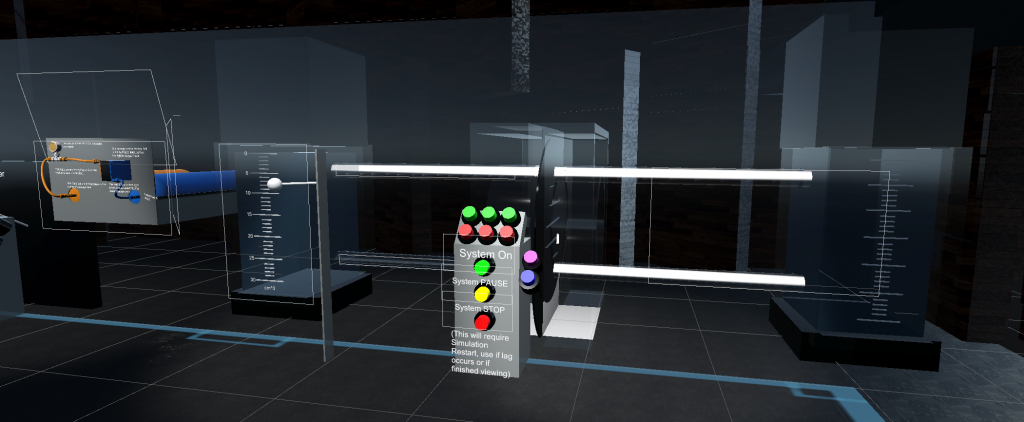During EET 320 (Renewable Energy Systems), students will familiarize themselves with a PEM (Polymer electrolyte membrane) fuel cell. Students will conduct four experiments. In the first experiment, students will use electrolysis to break down water. In the second experiment, students will investigate the principles of electrolysis using a DC voltage source. In the third experiment, students will learn about the three fundamental states of a fuel cell. In the fourth and final experiment, students will learn about the efficiency of fuel cells.
Like other forms of green energy, hydrogen fuel cells do not have harmful emissions. Fuel cells have lower operational costs, compared to traditional methods of energy generation and are scalable.
Water Decomposition
During this lab, students will become familiar with the DL Green Kit and fuel cell module, learn how to electrolyze water into hydrogen and oxygen, and collect and analyze data to study the voltage at which water decomposes into hydrogen and oxygen.
Electrolysis
During this lab, students will become familiar with the DL Green Kit and fuel cell module, learn the principles of electrolysis using a DC voltage source and electrolyzer, learn how to calculate energy generated, and collect and analyze data relating to the experiments.
Polarization States
During this lab, students will become familiar with the DL Green Kit and fuel cell module, understand the polarization states of a fuel cell when delivering voltage and current into a load, and collect and analyze data to study the effects of each polarization state on the fuel cells ability to deliver usable output.

